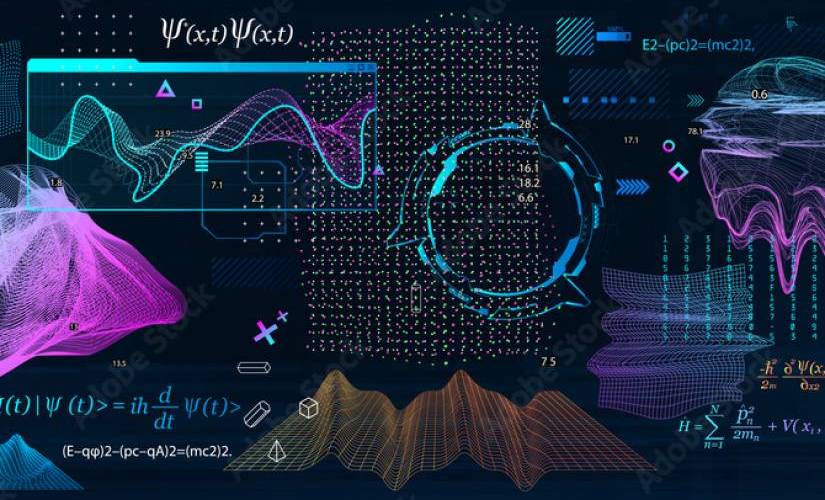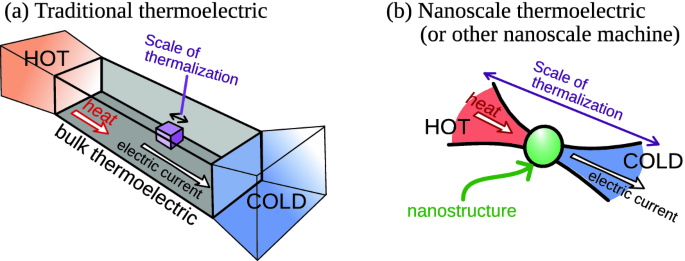Introduction
Quantum computing, a field at the intersection of quantum physics and computer science, has been making waves in recent years. It offers a radically different approach to computation, one that leverages the mind-boggling properties of quantum mechanics to perform calculations at speeds unimaginable to classical computers. This emerging technology has the potential to disrupt various industries, and its implications for artificial intelligence (AI) are particularly profound.
The Quantum Advantage
Before we dive into the synergy between quantum computing and artificial intelligence, let’s understand what gives quantum computers their edge. Classical computers rely on bits, which can either be a 0 or a 1. Quantum computers, on the other hand, use qubits, which can exist in a superposition of both 0 and 1 simultaneously. This unique property allows quantum computers to explore multiple solutions to a problem simultaneously, drastically speeding up calculations.
Additionally, qubits can be entangled, a phenomenon where the state of one qubit is dependent on the state of another, even if they are separated by vast distances. This entanglement enables quantum computers to solve problems that are practically impossible for classical computers to handle efficiently.
Quantum Algorithms
One of the most exciting aspects of quantum computing is the development of quantum algorithms, specifically designed to harness the power of qubits. These algorithms have the potential to revolutionize AI in several ways:
- Speeding up Machine Learning
Machine learning algorithms, such as those used in deep learning, are essential for AI applications like image recognition and natural language processing. Quantum algorithms can significantly accelerate the training of machine learning models, reducing the time and resources required for training complex models. - Optimizing Complex Problems
Quantum computers excel at solving optimization problems, which are prevalent in AI. From route optimization for delivery services to portfolio optimization in finance, quantum algorithms promise to find the best solutions faster and more accurately than classical methods. - Enhancing Data Analysis
Big data analysis is a crucial component of AI, and quantum computers can process and analyze vast datasets with unparalleled efficiency. This capability will enable AI systems to make more informed decisions and predictions.
Quantum Supremacy and Challenges
In recent years, quantum computers have achieved a significant milestone known as “quantum supremacy.” This term refers to the point at which a quantum computer can perform a task that is practically impossible for the most powerful classical supercomputers. Google’s 53-qubit quantum computer, Sycamore, demonstrated quantum supremacy by completing a complex calculation in a matter of minutes that would take classical supercomputers thousands of years.
However, there are challenges to overcome before quantum computing becomes mainstream. Quantum systems are incredibly delicate and susceptible to errors caused by environmental factors and noise. Researchers are actively working on error-correcting codes and fault-tolerant quantum hardware to make quantum computers more reliable.
The Future of Quantum AI
The fusion of quantum computing and artificial intelligence holds immense promise for the future. Here are some potential applications that we can anticipate:
- Drug Discovery
Quantum computers can simulate molecular interactions with unprecedented accuracy. This capability will revolutionize drug discovery by significantly speeding up the process of identifying potential drug candidates and their interactions with biological systems. - Climate Modeling
Understanding and mitigating climate change is a global priority. Quantum computers can model complex climate systems with high precision, enabling scientists to make more accurate predictions and develop effective strategies for addressing climate-related challenges. - Financial Analysis
Quantum computing can optimize trading strategies, risk assessment, and fraud detection in the financial industry. It can analyze vast amounts of data in real-time, providing traders and financial institutions with a competitive edge. - AI-Powered Quantum Chemistry
The combination of quantum computing and AI can lead to the development of AI-driven quantum chemistry. This field will have a profound impact on materials science, allowing researchers to design new materials with tailored properties for various applications.
Conclusion
Quantum artificial intelligence is not a distant dream but a rapidly advancing reality. As quantum computing technology continues to mature, its integration with AI will unlock unprecedented computational power and potential. While challenges remain, the prospects of accelerating scientific discovery, solving complex problems, and transforming industries make the journey towards quantum AI an exciting and essential endeavor. Embracing this future is not an option; it’s a necessity for staying at the forefront of technological innovation.






